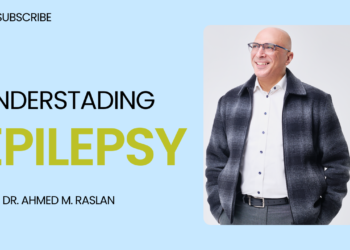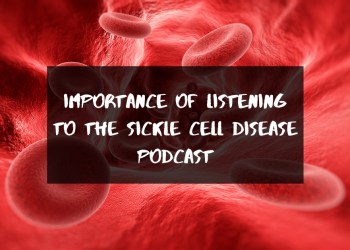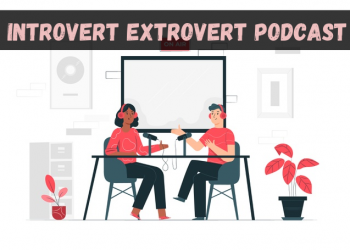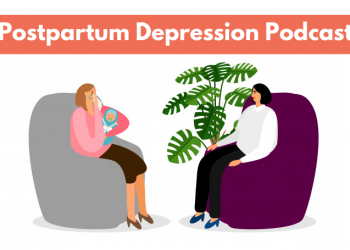Is spanking your child the right thing to do?

UNICEF estimates that 80% of children around the world are spanked or otherwise physically punished by their parents.
Spanking continues to be one of the most frequently studied and discussed aspects of parenting. There have been hundreds of studies that examine the behavioral, emotional, cognitive, and physical outcomes of spanking and childhood development.
After reviewing these studies involving over 160,000 children, research found a link between spanking and poor outcomes for children. The effect of spanking was not substantially different than physical abuse. Some of the negative effects of spanking include links to the following:
- lower quality of parent– child relationship
- lower levels of mental health in childhood and adulthood
- higher levels of aggression in childhood and adulthood
- increased antisocial behavior in childhood and adulthood
- increased risk of being a victim of physical abuse
- increased risk of abusing own child or spouse as an adult
The Research
The full article can be downloaded here.
J Fam Psychol. 2016 Jun;30(4):453-69. doi: 10.1037/fam0000191. Epub 2016 Apr 7.
Spanking and child outcomes: Old controversies and new meta-analyses.
Gershoff ET1, Grogan-Kaylor A2.
Abstract
Whether spanking is helpful or harmful to children continues to be the source of considerable debate among both researchers and the public. This article addresses 2 persistent issues, namely whether effect sizes for spanking are distinct from those for physical abuse, and whether effect sizes for spanking are robust to study design differences. Meta-analyses focused specifically on spanking were conducted on a total of 111 unique effect sizes representing 160,927 children. Thirteen of 17 mean effect sizes were significantly different from zero and all indicated a link between spanking and increased risk for detrimental child outcomes. Effect sizes did not substantially differ between spanking and physical abuse or by study design characteristics.











